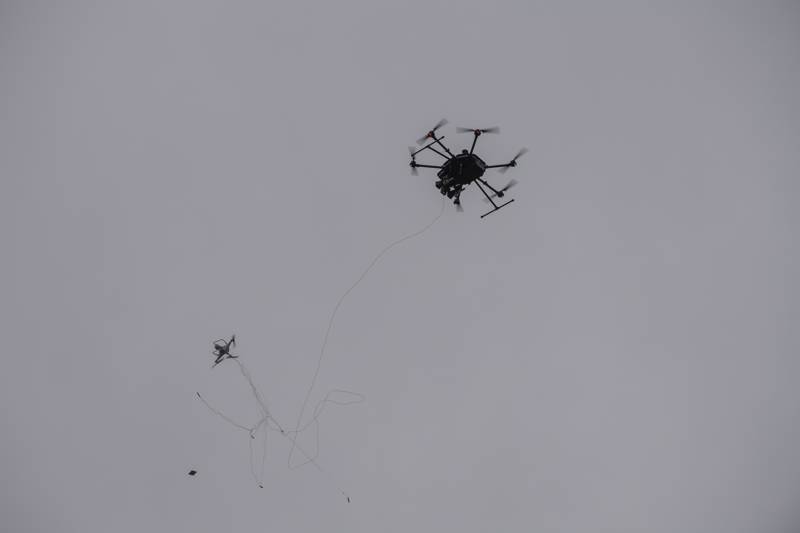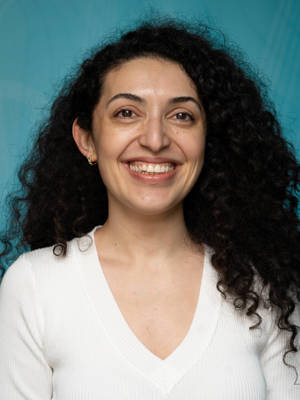Over the last decade, the use of drones has increased dramatically, leading to a wide range of new security challenges. In response to this proliferation, significant international, regional, and national efforts have been undertaken to develop regulations to integrate drones safely into civilian airspace. With the introduction of the European Union's regulations on common rules in the field of civil aviation (2018), intensive discussions are underway in Norway on how best to integrate drones into Norwegian airspace in harmony with EU legislation.
RegulAIR's main objective is to provide new research-based knowledge to Norwegian and EU regulatory bodies to contribute to the safe integration of drones into civilian airspace. To do this, RegulAIR will address two essential contemporary challenges: (1) how to conceive security in the three-dimensional airspace, and (2) how to reconceptualize the new security problem-set emanating from emerging technologies.
As drones evolve and proliferate, Norway and the EU face the daunting challenge of how to unlock the technology's vast potential while also mitigating its significant safety and security risks. Rising to meet this challenge will require a total reconceptualization of the civilian airspace – a formidable task given the complexity of the systems involved, the high rate of technological progress, and the multiplicity of stakeholders seeking to steer its outcomes. What are the unique security considerations that will shape the process, and how will those considerations evolve as the technology advances? What are the various discursive roles of communities of knowledge and practice in shaping regulatory responses to the challenge? And what can we learn from other regulatory bodies working to resolve the same challenges elsewhere?
In examining these questions, RegulAIR will employ a variety of methods of data-generation techniques, including document analysis of key policy, strategy, and regulatory documents; semi-structures interviews with officials in Norway and in the EU; and a closed-question questionnaire, which will identify the visions around, and challenges related to, the usage of Norwegian and European airspace in the context of drone proliferation. These methods will also be supplemented with structured dialogues to facilitate the meetings among academic researchers, technology developers, drone users, and regulations, as well as a series of scenario-building workshops, and technology forecasting to map near- and medium-term technology developments, and assess their likely effects on the integration process. The project will be developed in close proximity with regulatory actors and end-users, including the Civil Aviation Authority in Norway (Luftfartstilsynet), UAS Norway, and the Oslo Police, and it has as a partner the Carnegie Council for Ethics in International Affairs, in the US.
Through this approach, RegulAIR's work will lead to increased understanding of how to conceive of security in the three-dimensional airspace, drawing on theoretical insights from critical security studies, science and technology studies, socio-legal studies, and regulatory governance studies.















